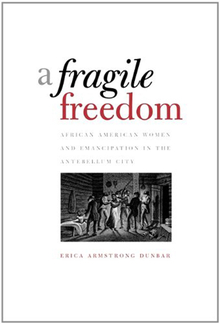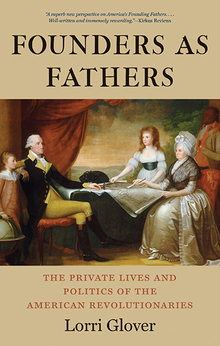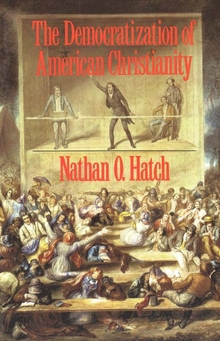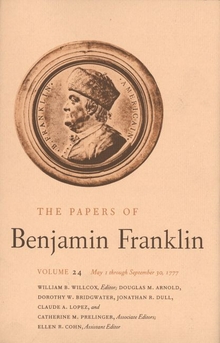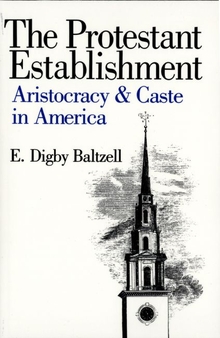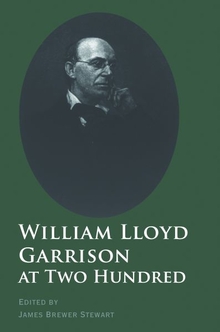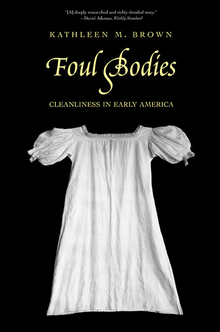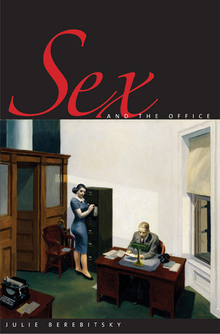A Fragile Freedom
WARNING
You are viewing an older version of the Yalebooks website. Please visit out new website with more updated information and a better user experience: https://www.yalebooks.com
Erica Armstrong Dunbar
This book is the first to chronicle the lives of African American women in the urban north during the early years of the republic. A Fragile Freedom investigates how African American women in Philadelphia journeyed from enslavement to the precarious status of “free persons” in the decades leading up to the Civil War and examines comparable developments in the cities of New York and Boston.
Erica Armstrong Dunbar argues that early nineteenth-century Philadelphia, where most African Americans were free, enacted a kind of rehearsal for the national emancipation that followed in the post–Civil War years. She explores the lives of the “regular” women of antebellum Philadelphia, the free black institutions that took root there, and the previously unrecognized importance of African American women to the history of American cities.
Erica Armstrong Dunbar is associate professor of history, University of Delaware. She lives in Wyncote, PA.
“A jewel of an emerging scholarship on free blacks in the antebellum period.”—Christine Stansell, Princeton University
“Dunbar’s pathbreaking book compellingly recreates the community of African American women and their families, friendships, and alliances in antebellum Philadelphia. A major contribution and a joy to read.”—Kathryn Kish Sklar, author of Women’s Rights Emerges within the Antislavery Movement
“With amazing new sources, Erica Armstrong Dunbar's A Fragile Freedom recasts the history of black Philadelphians in a completely new and gendered light. In this compelling study of the early republic, Dunbar probes and illuminates the private and public lives of black women—their friendships as well as their social and political activism in community-institution building and in efforts of interracial cooperation. This important book portrays in rich detail the progress and problems that black women faced as they endeavored to fashion a city of not only brotherly, but sisterly love.”—Evelyn Brooks Higginbotham, Harvard University
Publication Date: April 15, 2011
13 b/w illus.

